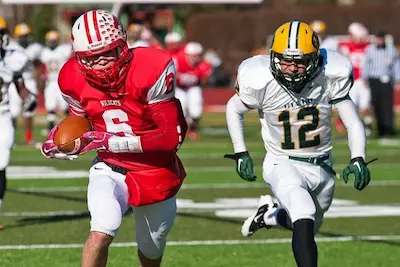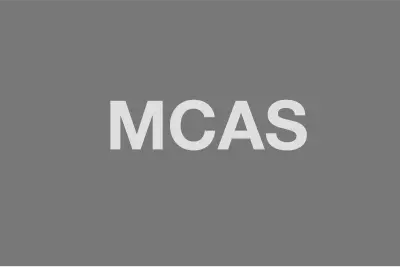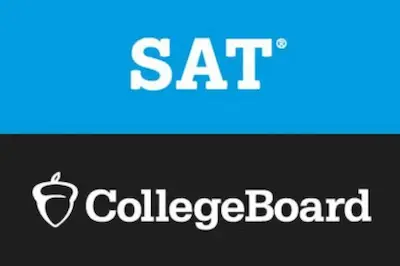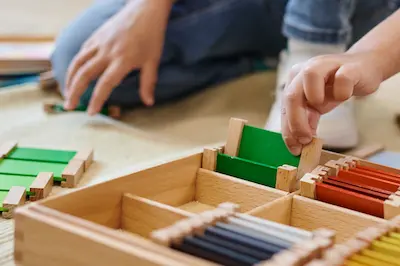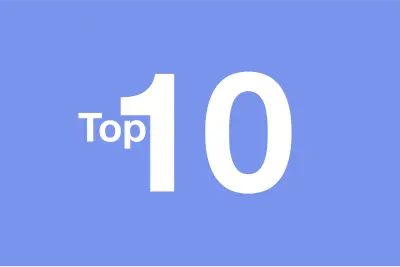Kingsley Montessori School is a private school in downtown Boston. It serves students from the age of 3 to the sixth grade. The school offers individualized education that is geared towards the talents and developmental level of each student. It offers an innovative curriculum that includes STEM (science, technology, engineering, and math) as well as visual and performing arts.
Overview
The school offers an education based on the concepts developed by Maria Montessori, who advocated for the education of the “whole child." Her ideas created important elements of today’s Montessori environment, such as mixed-age classrooms, some choice of activities by the student, uninterrupted large blocks of work time, discovery-based curriculum, and freedom of movement in the classroom.
School’s Mission Statement
At Kingsley, we strive to make the most of a student’s unique gifts while helping each child achieve academic excellence, master learning skills, develop greater imagination, and establish strong self-esteem.
We do so by:
-
Ensuring the development of intellectual, social, and emotional capabilities, employing the Montessori method as our teaching foundation;
-
Emphasizing integrity, responsibility, respect for others, and community leadership as our values;
-
Insisting on continued excellence in teaching and in the emotional and social development of all children we serve;
-
Continually improving our curriculum by incorporating components and techniques from a variety of teaching methods; and
-
Creating a community that encourages discovery, diversity, and achievement.
Academics
The school’s academics are rigorous and closely integrated with the Montessori methodology. As students advance to higher grades, activities are introduced that are not Montessori-style in favor of standard testing and secondary school preparation. Across all grades, children’s success is monitored to make sure their social and academic progress follows internal benchmarks and Massachusetts Common Core State standards.
Academics at Kingsley fall into three categories:
Early Childhood: Early childhood education follows the Montessori methodology, where students learn in multi-age groups and classrooms are prepared with child-size materials. Teachers guide children’s choice of work during uninterrupted blocks of time. Sensory-motor activities using Montessori materials are the predominant form of learning at this stage.
Lower Elementary: The Lower Elementary curriculum focuses on strengthening skills in all academic areas. Work activities designed to develop critical thinking are introduced, and independence and self-management skills are cultivated through the use of daily and weekly planners. As they approach the upper elementary level, students are gradually introduced to activities that are not strictly Montessori. Examples include book clubs, science fairs, supplemental math work, and standardized-testing preparation.
Upper Elementary: The Upper Elementary Program is designed to prepare students for a successful transition into top secondary schools.
For both the lower and upper grades, students follow a grade-appropriate curriculum in language arts, mathematics, science, history and geography, social sciences, visual arts, performing arts, Spanish, technology, physical education, outdoor education, service learning, and library skills.
Physical Education
The school’s physical education program focuses on enhancing the students’ physical, mental, and emotional health. Elementary students go to the Boston University Fitness & Recreation Center twice weekly for swimming lessons and the gym. Upper Elementary students participate in rock climbing, racquet sports, and gymnastics.



